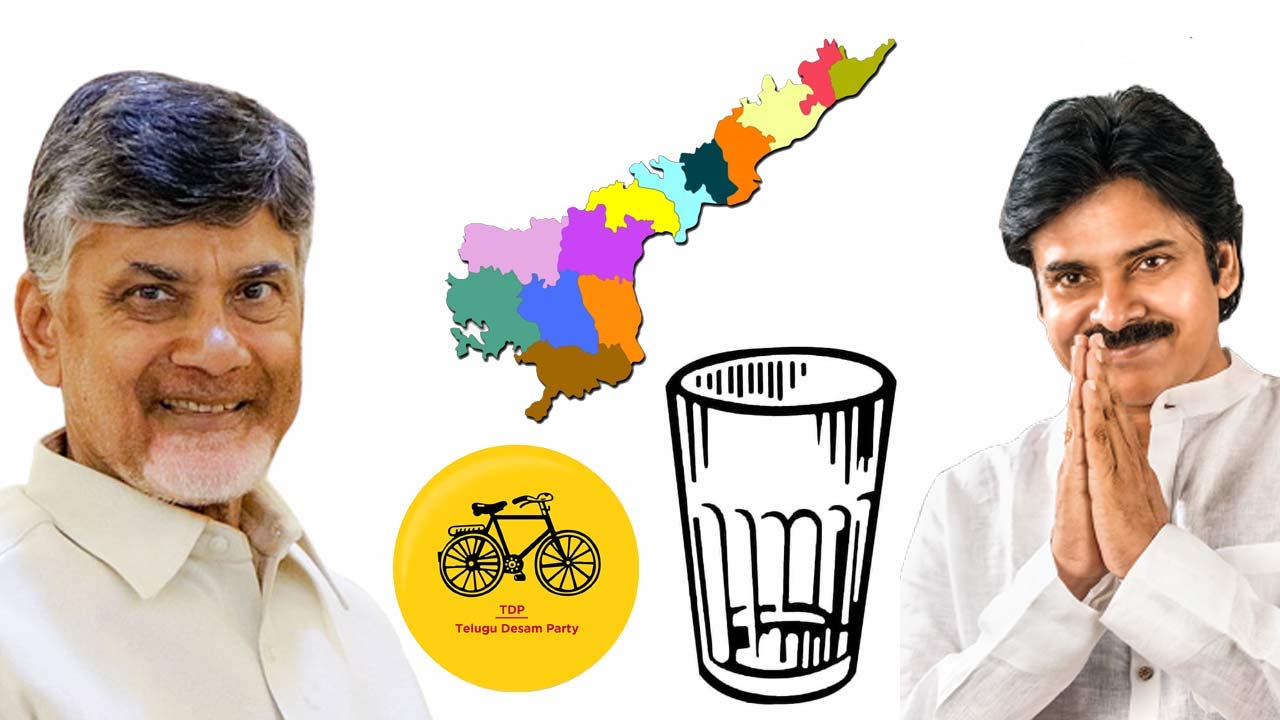Today marks a pivotal moment in Indian politics as Prime Minister Narendra Modi introduces the Women’s Reservation Bill. A legislative endeavor that has stirred conversations for years, this bill signifies an attempt to ensure a larger representation of women in the corridors of power. Yet, as with any significant policy, it brings forth its own set of advantages, complexities, and far-reaching implications.
Brief Overview of the Bill:
The Women’s Reservation Bill seeks to reserve a certain percentage of seats for women in the Lok Sabha (Lower House) and state legislative assemblies. While the exact percentage and mechanisms are yet to be detailed, past iterations have proposed 33% reservations. This ensures that women, who constitute roughly half the population, have a more equitable representation in legislative bodies.
Advantages:
- Enhanced Representation: Women, despite being instrumental in social, economic, and cultural spheres, have been historically underrepresented in political roles. This bill aims to correct that imbalance.
- Diverse Perspectives: A diverse legislative body can offer a wider range of perspectives, ensuring a holistic approach to law-making.
- Empowerment Ripple Effect: The bill could serve as an inspiration for women to participate actively in other sectors, signaling that gender should not be a barrier to leadership.
Public Opinion on the Women’s Reservation Bill
Complications & Concerns:
- Tokenism: There’s a potential risk of women being reduced to mere tokens if they are not empowered with genuine decision-making roles.
- Existing Power Structures: Merely reserving seats might not change the deep-rooted patriarchal structures. Women representatives might still face challenges in asserting their authority.
- Quality vs. Quantity: Reservation could potentially overshadow the importance of capability. It’s essential that the elected women representatives are competent and not just filling a mandated quota.
Factors Impacting the Bill’s Effectiveness:
- Public Perception: How the general public perceives this move – as genuine empowerment or political tokenism – can greatly impact its success.
- Party Dynamics: If political parties internally resist or sideline their women members, the bill’s effectiveness might be diluted.
- Implementation Mechanisms: The mechanisms to ensure genuine empowerment, such as training, support, and mentorship for women politicians, will be crucial.
The Women’s Reservation Bill, introduced by PM Narendra Modi, undeniably represents a monumental step towards addressing gender imbalances in Indian politics. However, the journey from a bill’s introduction to tangible empowerment is long and winding. It will require introspection, proactive measures, and sustained commitment not just from politicians, but also from society at large. Only time will tell if this bill will carve out a path for a more inclusive political arena or if it will be mired in the complexities of its implementation.




